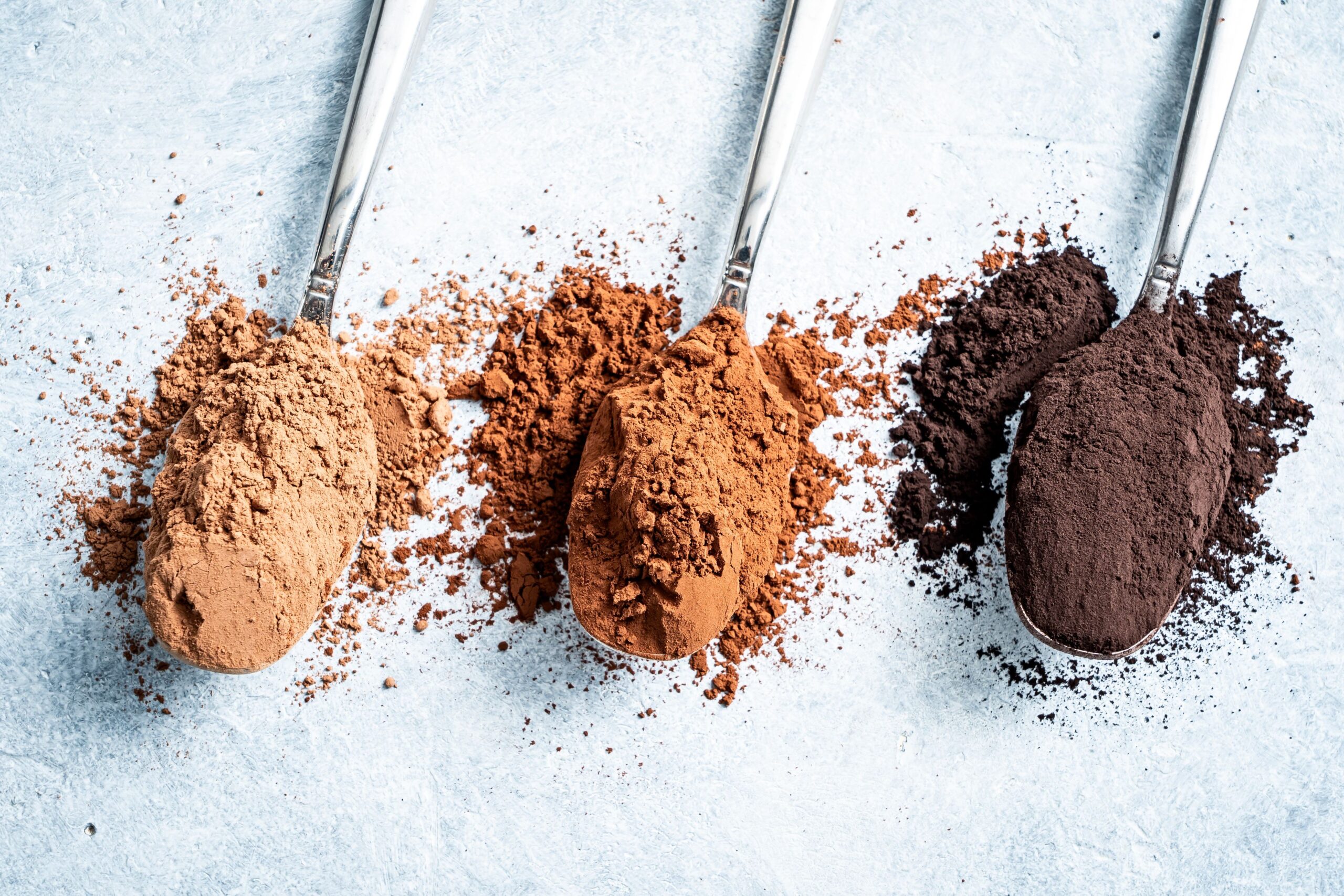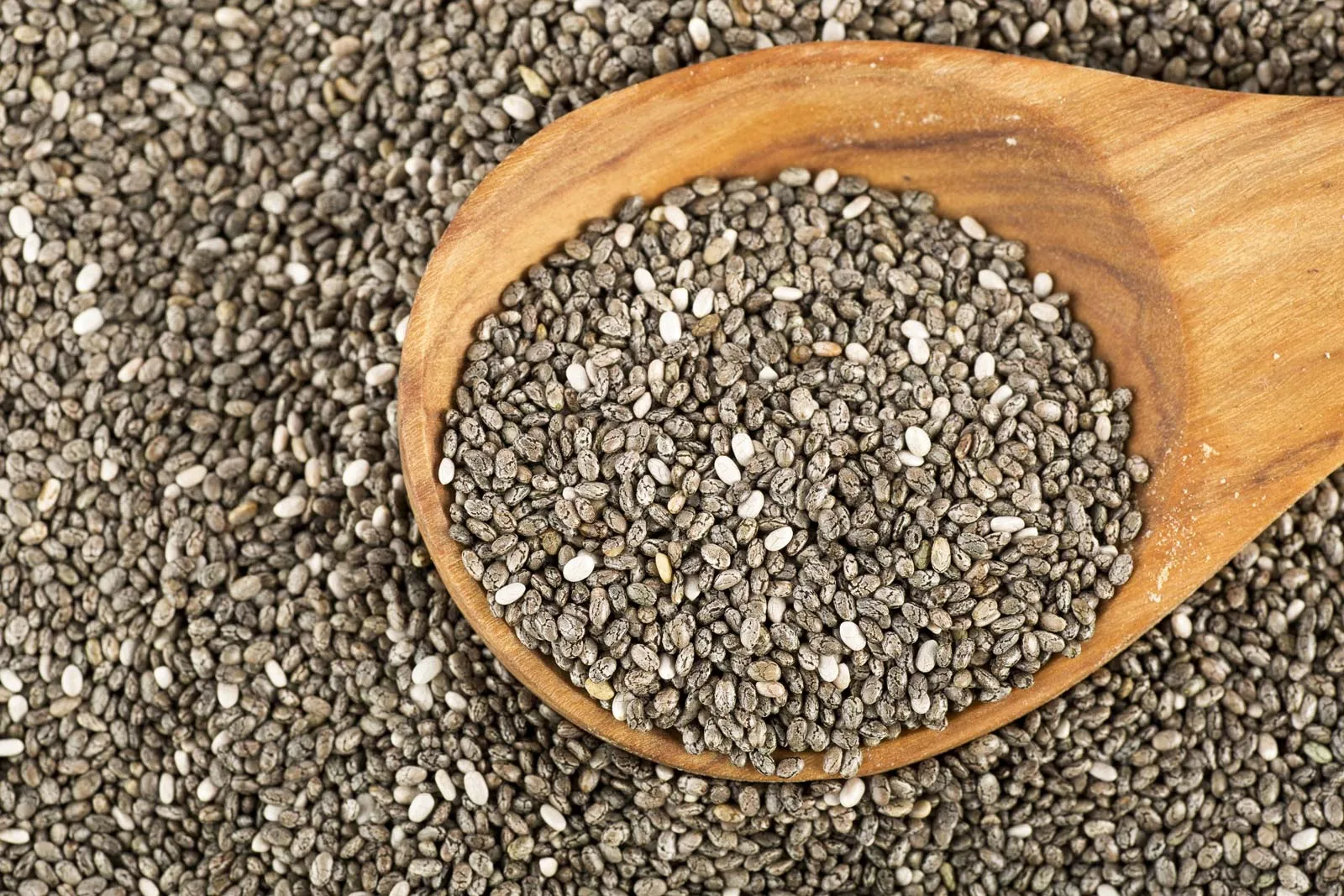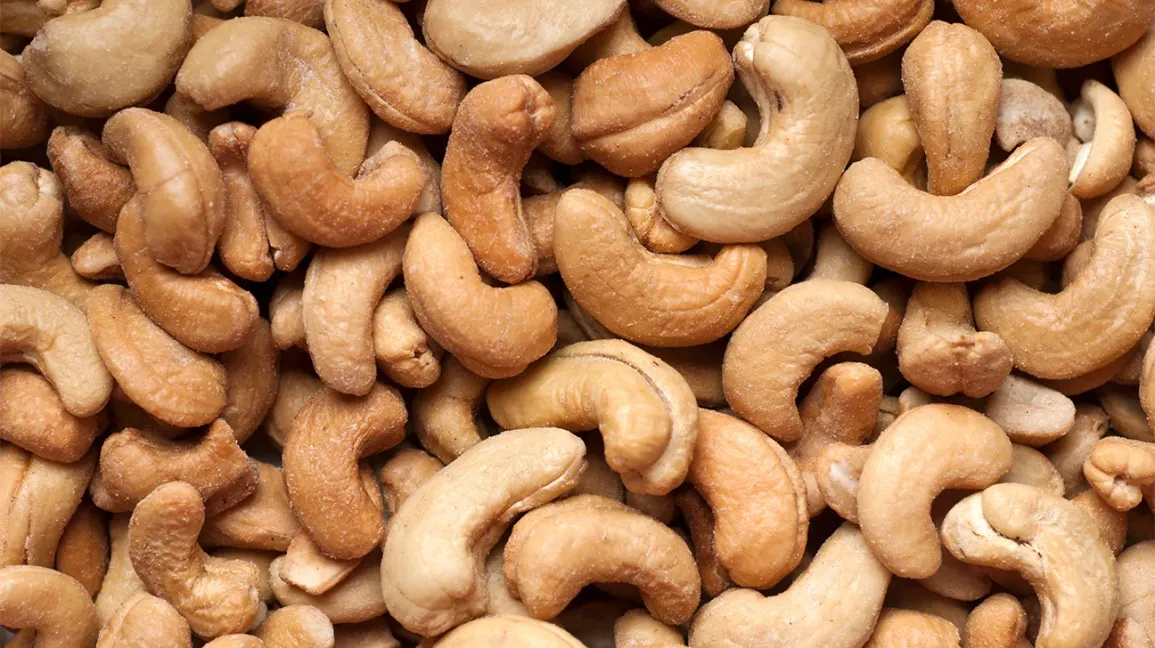Have you ever wondered why Ghana’s cocoa powder prices keep changing? What causes its constant ups and downs, and what effects do these swings have on Ghanaian cocoa farmers’ lives and the worldwide chocolate market? Join us as we unravel the fascinating yet puzzling world of Ghanaian cocoa powder pricing.
We shall examine the sociological, environmental, and economic aspects that affect cocoa powder pricing in this article. Let’s explore this fascinating subject and learn the factors underlying the price fluctuations that affect both Ghanaian communities and those who enjoy cocoa.
Market Price of Cocoa Powder in Ghana
Cocoa powder is made from cocoa beans, which are roasted, ground, and processed to remove the cocoa butter. There are two types of cocoa powder: natural and Dutch-processed. Natural cocoa powder is acidic and has a bitter taste, while Dutch-processed cocoa powder is alkalised and has a milder flavour.
Cocoa powder is used in a variety of products, including baked goods, chocolate drinks, and ice cream.
According to selinawamucii, the market price of cocoa powder varies depending on the location and time. As of August 2023, the approximate wholesale price range for US cocoa powder (solids) is between US$ 3.5 and US$ 8.4 per kg.
Cocoa powder is produced from cocoa beans, which are roasted, ground, and processed to remove the cocoa butter. The production process of cocoa powder involves several steps, including cleansing, roasting, crushing, grinding, pressing, pulverizing and sifting where the “press cake,” is cooled, pulverized, and sifted to form cocoa powder.
Types of Cocoa Powder
There are different types of cocoa powder available in the market. Here are some of the most common types of cocoa powder:
Natural cocoa powder: This is the most common type of cocoa powder, both in stores and when used in recipes. Natural cocoa powder is acidic and has a bitter taste. It is widely available and the cheapest option for purchasing cocoa powder. It contains a large amount of valuable nutrients.
Dutch-processed cocoa powder: Also known as alkalised cocoa powder, Dutch-processed cocoa powder is treated with an alkalising agent to neutralise its acidity. This process results in a milder flavour and darker colour. Dutch-processed cocoa powder is often used in recipes that require a more delicate chocolate flavour.
Black cocoa powder: Due to the presence of black cocoa powder, this form of cocoa powder is darker than natural cocoa or Dutch-processed cocoa powder. It combines some of the acidity and more rounded flavour of a natural cocoa powder with the earthier, mellower notes of a Dutch-processed cocoa powder. Black cocoa powder is frequently used in recipes that call for a flavour of dark, rich chocolate.
Rouge or red cocoa powder: This type of cocoa powder is made from cocoa beans that are lightly roasted and have a reddish-brown colour. It has a fruity and slightly acidic flavour and is often used in recipes that require a mild chocolate flavour.
Double-Dutched or double-dark cocoa powder: This type of cocoa powder is Dutch-processed twice to create a darker colour and a more intense chocolate flavour. It is often used in recipes that require a strong chocolate flavour.
Triple cocoa powder: This type of cocoa powder is Dutch-processed three times to create a very dark colour and a very intense chocolate flavour. It is often used in recipes that require a very strong chocolate flavour.
Uses and Nutritional Value of Cocoa Powder
Cocoa powder is used in a variety of products, including baked goods, chocolate drinks, and ice cream. Cocoa powder is also used in savoury dishes, such as mole sauce. Cocoa butter, which is extracted during the production of cocoa powder, is used in cosmetics and skincare products.
Cocoa is rich in polyphenols, which have significant health benefits, including reduced inflammation and improved cholesterol levels. It is a good source of fibre, iron, magnesium, and flavonoids, which are known for their antioxidant and anti-inflammatory properties.
Cocoa powder is also low in fat and sugar, making it a healthier alternative to chocolate bars and other sweets.
Cocoa has antioxidant properties that offer neuron protection and enhance cognition and positive mood. Cocoa can lower immunoglobulin E release in allergic responses and reduce inflammation by inhibiting nuclear factor-κB.
Cocoa may have the potential to be used for the prevention/treatment of allergies, cancers, oxidative injuries, inflammatory diseases, obesity, and diabetes control. Cocoa can improve heart and brain health, blood sugar and weight control, and healthy teeth and skin.
Price of Cocoa Powder in Ghana
The market price of cocoa powder varies depending on brand, quantity, type and location. However, the price of coca powder ranges between GHS 50 to GHS 1,200 (400g to 25kg).
Factors Affecting the Price of Cocoa Powder
Factors affecting the price of cocoa powder in Ghana include;
Supply and demand
The supply and demand of cocoa powder in Ghana can affect its price. According to a report by Statista, as of 2021, the price of cocoa in Ghana was projected at 2.4 U.S. dollars per kilogram, and this price was forecast to reach 2.5 U.S. dollars.
Weather conditions
Weather conditions such as drought or heavy rains can affect the yield of cocoa crops, which can impact the supply and price of cocoa powder.
Production Cycle
The production cycle from cocoa planting to harvesting is a multi-year endeavour, and farmers have to make decisions about crop production long before they will see profits from their investment. Factors including the future outlook for prices impact the quantity of production.
Government policies
Government policies such as taxes and subsidies equally affect the price of cocoa powder in Ghana. If taxes are very high then the market price also increases.
Where to Buy Cocoa Powder
You can purchase cocoa powder from any supermarket, mall, store or online marketplace. You can also visit these well-known cocoa powder producers’ physical stores for a purchase; Cocoa Processing Company, Flora Farm Products and Kedar Health.
Recommended Resources:
We discover at the end of our journey through the Ghanaian cocoa fields that the price of cocoa powder is more complicated than just a number shown on a trading screen. It concerns the lives of individuals who tend to this priceless crop, the effects of our cravings on the environment, and the complex economics of international trade.
So keep in mind the sweet and bitter story we have revealed here the next time you enjoy a piece of chocolate or add cocoa powder to your preferred recipe. Understanding the intricacy that lies behind that delicious flavour can help us all contribute to ensuring that cocoa is a beloved treat for future generations.






